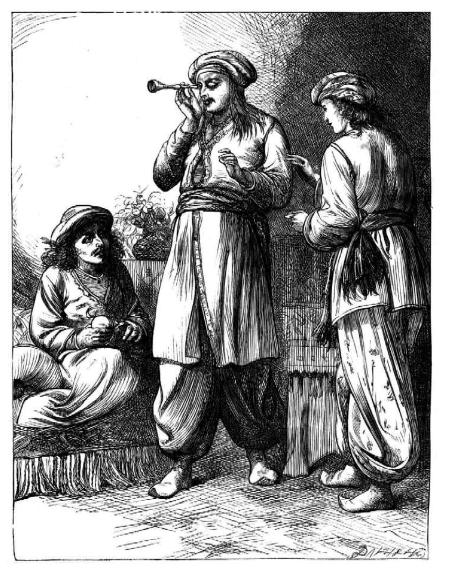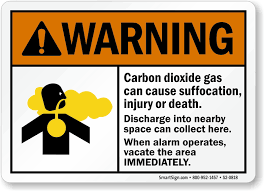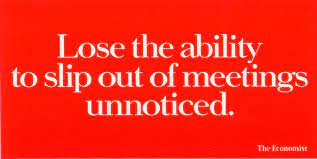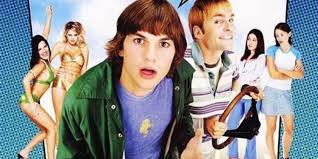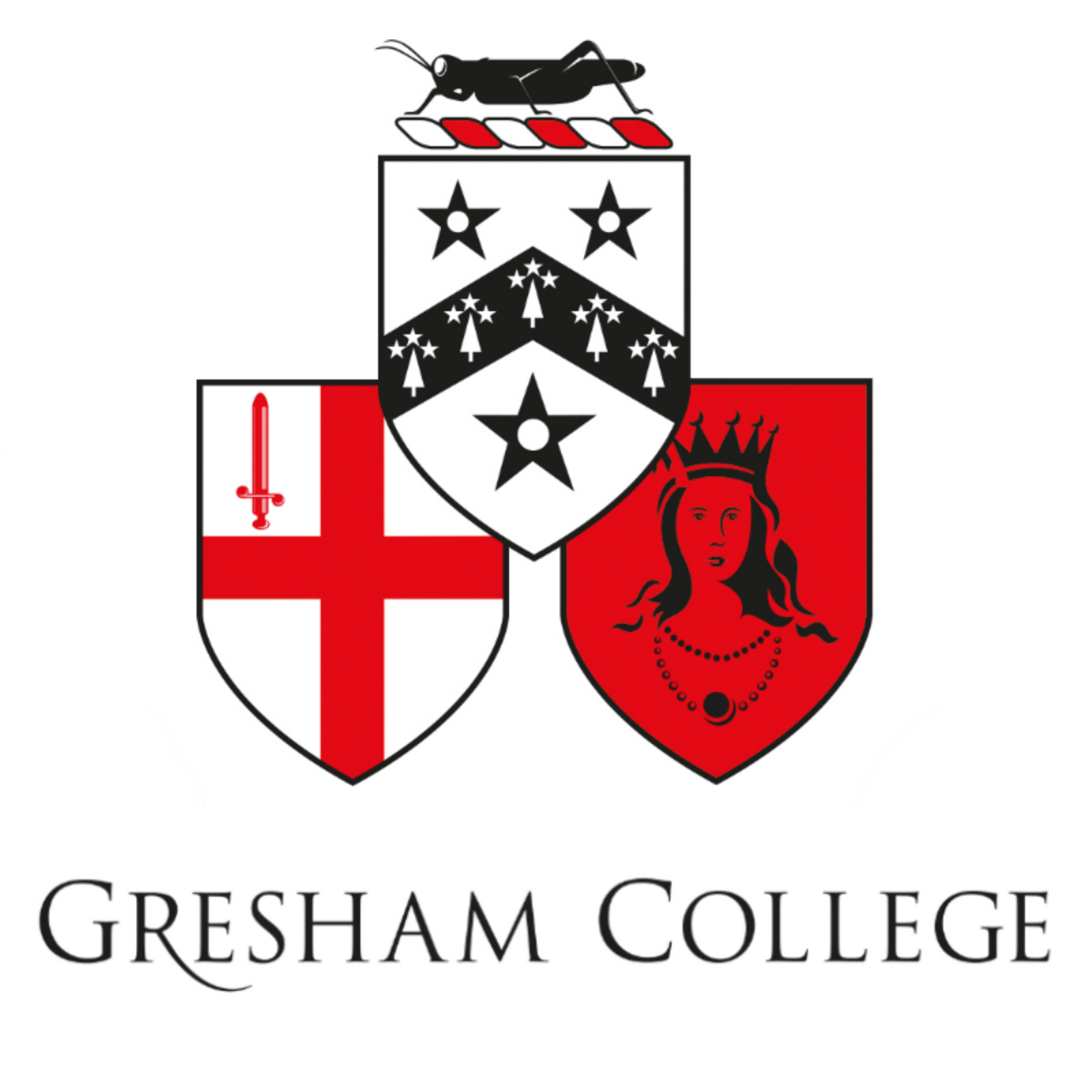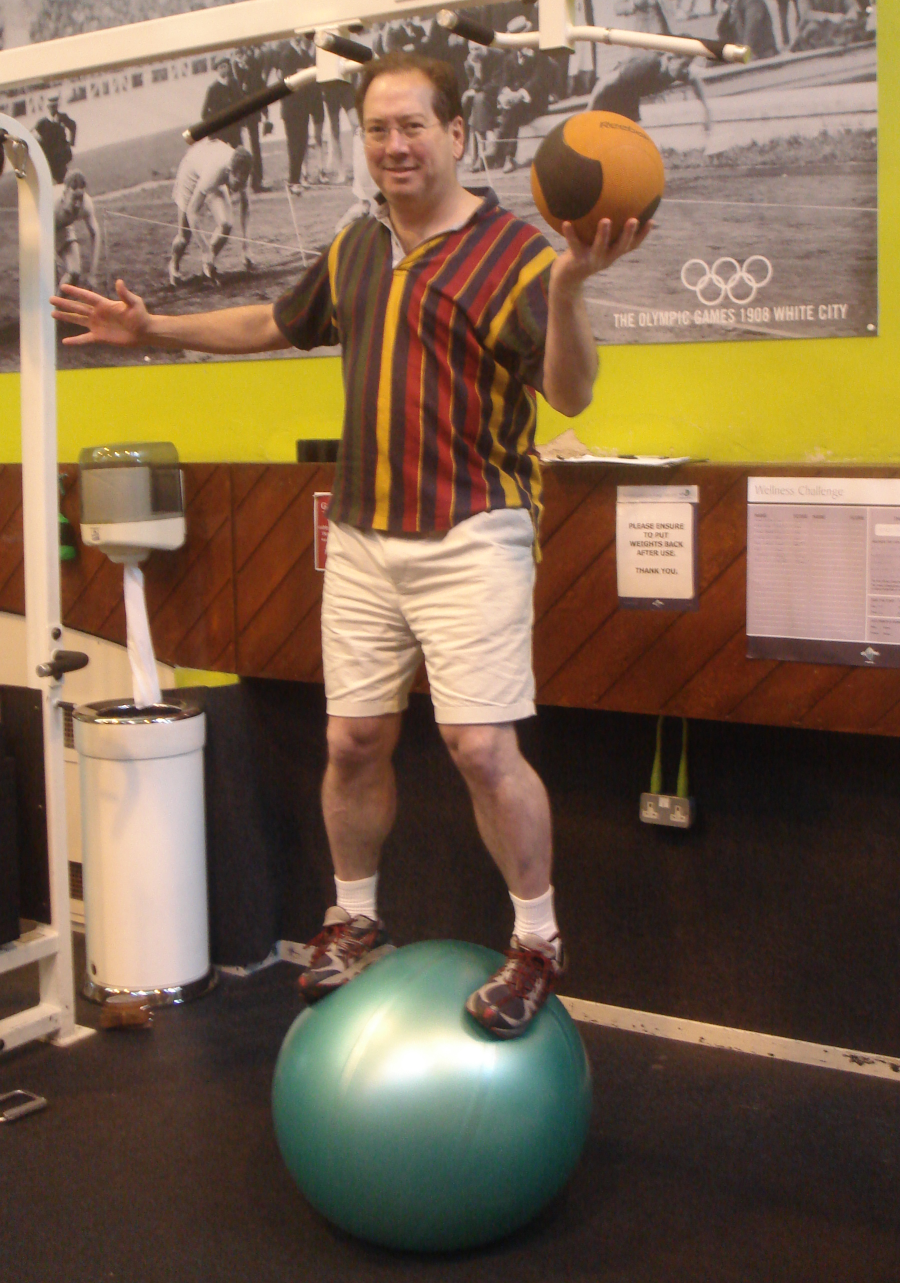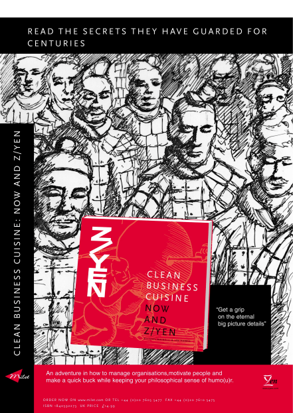Gresham College – A Short, Personal, Alternative History
Professor Michael Mainelli, Gresham Fellow & Trustee
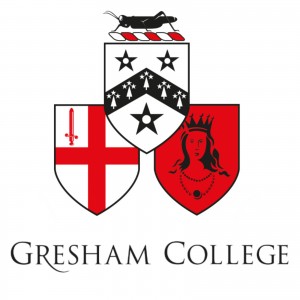
[October 2009 – originally written for the Mercers’ Company]
Sir Thomas Gresham (1519-1579) traded cloth and linens between England and the Low Countries at a time when Cambridge and Oxford had a duopolistic hold on higher education in England. A Cambridge man himself (Caius College), if Gresham’s skippers had visited an Oxbridge College they would have, at best, had the door of a college opened to them and then been laughed at in Latin for their ignorance before being closed in their face.
If you’re going to backstab some one properly, do it from the front. Gresham did so with money. Sir Thomas died of apoplexy in 1579 bequeathing one moiety to the Corporation of London and the other moiety to the Mercers’ Company, charging them with the nomination of seven Professors to lecture in Astronomy, Divinity, Geometry, Law, Music, Physic and Rhetoric. He required the lectures to be in Latin and, horror horribilis, English. In effect, Sir Thomas, who pursued monopolies himself, used his will of 1575 anti-monopolistically to crack the Oxbridge oligopoly by bribing seven professors to give lectures to the public, in English.
Gresham College is about ‘new learning’. Sir Thomas felt strongly that the ‘new learning’ should be available to those who worked – merchants, tradesmen and ships’ navigators – rather than solely gentlemen scholars. In the 17th century, the Royal Society was founded to explore “natural philosophy”, new learning through experimentation. So, it is no surprise that the Royal Society was founded and housed at Gresham College for half a century (1660 to 1710) and numbered among its associates Gresham Professors Petty, Boyle, and Evelyn.
For over 400 years the Gresham Professors have given free public lectures in the City of London. I had the privilege of four years (2005-2009) in the modern, eighth chair as Mercers’ School Memorial Professor of Commerce from 2005 to 2009. There are some deep footsteps in which we tread. Early professors at Gresham College included Christopher Wren and Robert Hooke, also integral to the Royal Society. Recent professors include the mathematical physicist Sir Roger Penrose of Penrose/Hawkings fame and the theoretical physicist John Barrow, who won the Templeton Prize and the Royal Society’s Michael Faraday Prize.
Professorships are awarded for three years with a stipend for six lectures a year, though professors often give more. Each professor develops his or her own programme. Academic professors complain that what seems like a sinecure is actually a very demanding post requiring novel, innovative, researched lectures of six to eight thousand words suitable for a global audience. Business professors, such as I, definitely find it is work. My estimate is that each lecture takes approximately 100 hours of preparation, thus 600 hours at about £10/hour – you’re not doing it for the money. In fact, at that rate you should question whether you’re competent to be a professor of commerce.
As my tenure was extended for a year and I had ‘been volunteered’ each year for an additional lecture in the Docklands, I gave 28 lectures. As a glutton for work, I gave a final synthesis lecture as part of the City of London Festival’s celebration of the 2,000 anniversary of the publication of Ovid’s Metamorphoses with saxophonist John Harle and friend Bill Joseph, “Metamorphoses: The Terrible Beauty of Change“, for 29 formal lectures in four years. The core 28 lectures, around 8,000 words per lecture, 56,000 words per year, some 224,000 words, found their way into the obligatory book – The Price of Fish: A New Approach To Wicked Economics And Better Decisions. Fortunately for readers, only 100,000 found their way out to the printer.
Given 48 professorial lectures a year, along with honorary professors, former professors, fellows and numerous guest lecturers, Gresham College provides around 140 intellectual events a year for business people, retired people, mature students, university students, schools and the general public. Each year over 20,000 people physically attend Gresham College’s 140 lectures. In an age concerned with making money from intellectual property, Gresham College encourages the free exchange of ideas and is one of the most potent intellectual houses on the net and podcasts. To quote Jefferson, “He who receives an idea from me, receives instruction himself without lessening mine; as he who lights his taper at mine, receives light without darkening me”. The Gresham community worldwide downloads lectures over a million times each year from a library of now thousands of recorded lectures, many of which find their way into syllabi from the USA to China. My strapline for Gresham College today is, “Gresham College: The Modern Tudor Open University”, a “Tudor TED” even.
At Gresham College, we seek to reinterpret the ‘new learning’ of Sir Thomas’s time in contemporary terms. Our emphasis is on sharing knowledge, exchanging ideas, fusing old views and generating new insights. Gresham College is increasingly important for those living and working in London as the traditional universities and colleges focus on qualifications and are less able to offer the extra-mural activities they once did. We have no conscripts: we have a community of people who come because they want to, because they find the lectures and seminars topical, informative and enjoyable. Gresham College is about personal, higher education from dipping into one lecture to completing a series. I often lord over my academic friends that our current Registrar continues a long tradition of Registrary excellence – in over 400 years no registrar has admitted a single student.
Yes, I am a Gresham Groupie. I found the four years at Gresham College extremely rewarding and remain a Trustee and Fellow, and my firm continues to work on Long Finance and the London Accord with Gresham College. Sir Thomas Gresham is synonymous with Gresham’s Law, best expressed as “good money drives out bad”. I often think that the best people in the world come to work in one of the best cities in the world because Gresham College has a part in helping good discussion drive out bad. Our 16th century Open University is going strong in the 21st.
[I continued to give talks and run symposia to the point that I ultimately became involved in over 120 events.]
To view all Michael’s Gresham lectures.

